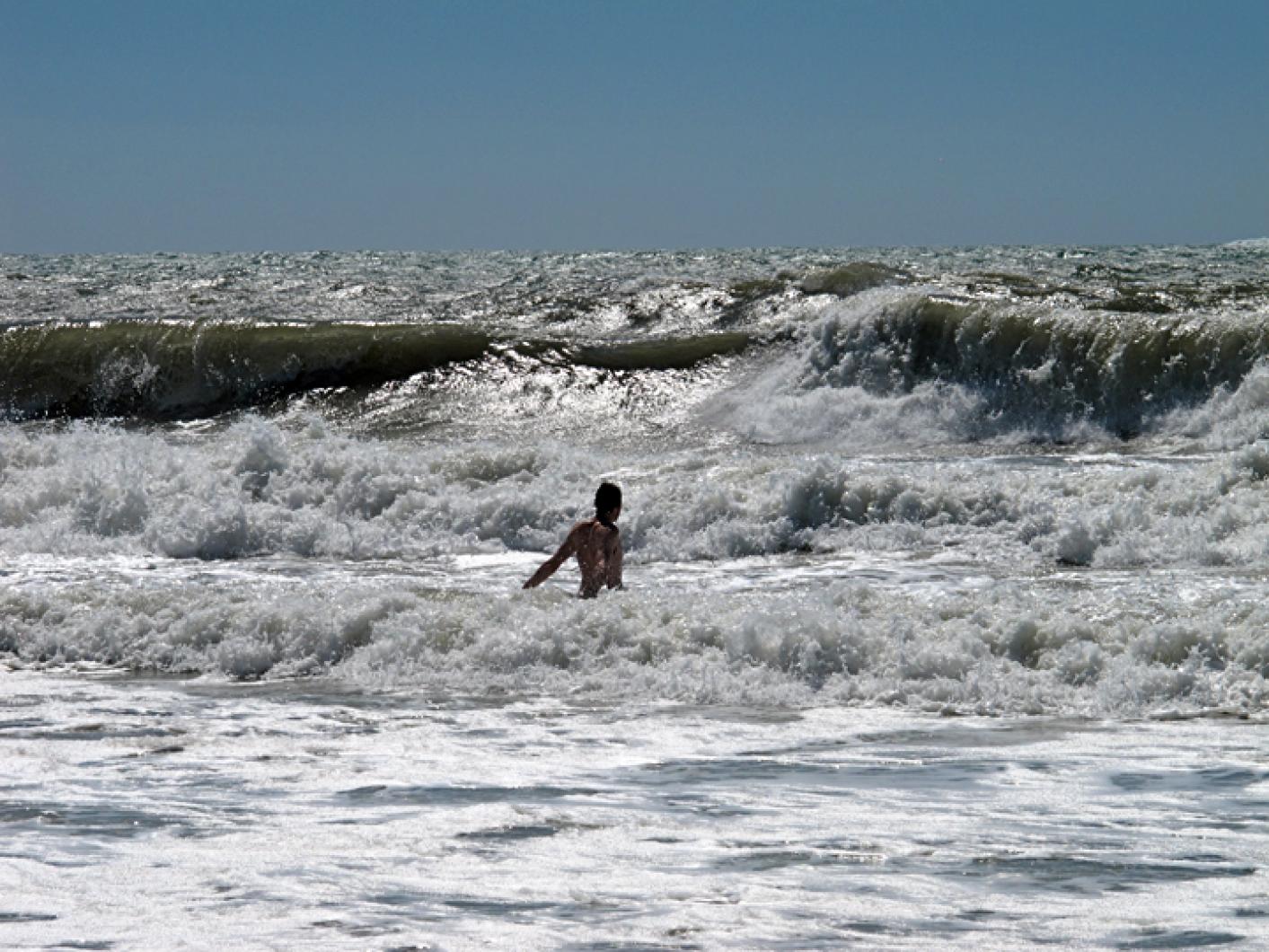Hurricane Earl has come and gone, leaving little trace of its passing besides drawers full of candles and batteries that will take months to use up. For this I am grateful. Before memories fade, however, let’s spend a moment considering the emergency preparations that preceded the storm. You’d think certain Martha’s Vineyard officials had never battened down for severe weather before. Before there was reason to believe that power or traffic would be seriously disrupted, they told businesses to close at 2 p.m. Friday and stay closed for 24 hours. Was this edict warranted? How about the code red phone calls that many of us received?
In the wake of the storm, such questions have frequently been met with “Better safe than sorry.” This is supposed to end the discussion. It shouldn’t. Better safe than sorry makes good camouflage for sloppy thinking and poor judgment. Allowed free enough rein, it undermines the U.S. Constitution: are we only entitled to free speech and due process as long as the authorities don’t get nervous?
A few decades ago, we didn’t have enough advance information about incoming storms. Damage was done that can be avoided today. No one wants to go back to those days. Our problem today is not too little information, but too much. It comes in 24/7 over wires and cables and through the very air. Sorting through all this information is a challenge. As excitement and anxiety rise, we don’t stop to think how likely we are to need more gas or a dozen D batteries or enough food and water to last for two weeks.
Big storms aren’t uncommon along the New England coast. I’ve lived through a few, among them Hurricane Bob, the no-name northeaster of 1991, Hurricane Edouard (Labor Day weekend, 1996), and some memorable but unnamed snowstorms. Each one brought its challenges — after Bob I had no electricity or running water for nine days — but the overwhelming majority of us have managed to get through them, often with the help of friends, neighbors and emergency workers. Hospital and other essential personnel got to work. Snow plows cleared the roads. Electricity and phone service were restored in amazingly short order.
So as Hurricane Earl approached, I and a few thousand other Vineyarders knew the drill. We pulled up boats, stowed what needed to be stowed, tied down what needed to be tied down. Checked the flashlights, located the candles, filled a bottle or two with water. Checked on friends, relatives, and neighbors who might not be able to manage all their own preparations. We hoped for the best and reminded ourselves that no matter how well prepared we were, some things were out of our hands.
In Earl’s wake, I remain confident that if I or anyone else needs emergency services, they will be available. Many Vineyarders work year-round to make this possible. I’m glad that shelters are available for campers, householders in flood-prone areas, and anyone whose home is damaged. I’m glad that NStar mobilized to restore disrupted power as soon as possible, even if (this time) power was not disrupted.
I have less confidence in the judgment of our public officials. The first of those code red calls was made days before it could be determined that Earl’s course, speed, and wind velocity posed a serious threat to Martha’s Vineyard. They contributed to the perception that danger was imminent and hence to the overall anxiety level. The rash talk of closing roads was worse, and actually ordering businesses to close was worse still. Let business owners weigh the pros and cons and make their own decisions. They’re the ones who have to live with the consequences, not the town official who makes a bad call.
Some people don’t function well under pressure. In times of high excitement, these people shouldn’t be allowed anywhere near a bullhorn, a microphone, or a code red authorization code. When private individuals lose their heads, usually little harm is done, but when public officials lose theirs, they infect everyone in the vicinity with their nervousness and their misinformation. Rather than promoting safety, they encourage the anxiety that makes safety less likely. If they overreact often enough, we will stop paying attention.
“They who can give up essential liberty to obtain a little temporary safety,” wrote Benjamin Franklin on the cusp of the American Revolution, “deserve neither liberty nor safety.” He didn’t say better safe than sorry.
Susanna Sturgis is a writer who lives in West Tisbury.





Comments
Comment policy »